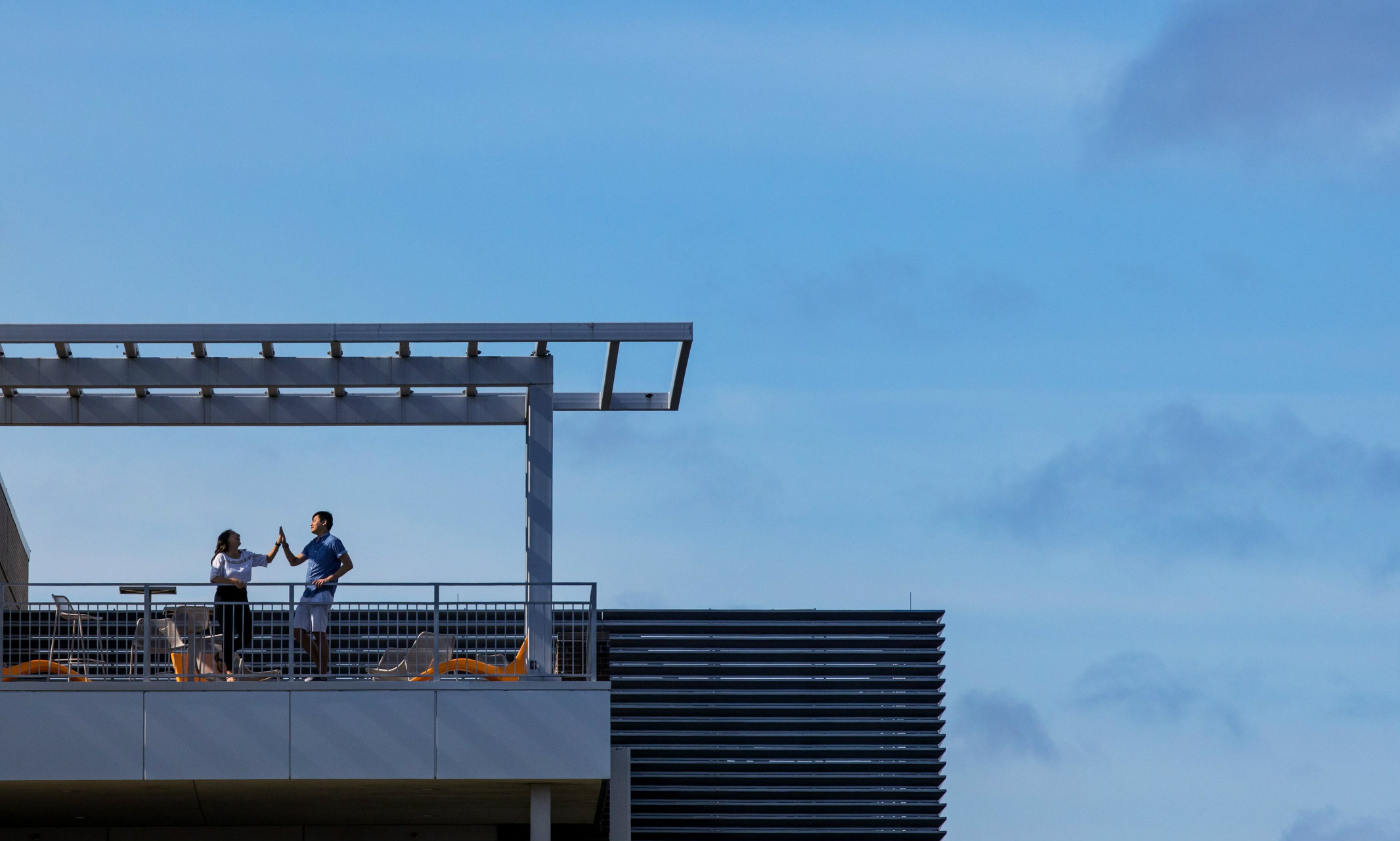UMKC recorded important gains in some key indicators of student success this fall, improvements that positively impacted students across the spectrum, including underrepresented minorities.
UMKC leaders see these gains as early evidence that its continued investment in student success is bearing fruit. The university is devoting significant resources, talent and effort to improve retention and graduation rates, overall and among targeted student groups. Despite this significant progress, leaders acknowledge much work remains.
The overall six-year graduation rate for first-time, full-time college students for the Fall 2014 cohort – students who enrolled as freshmen in fall semester 2014 – is up 4.2 percentage points over the previous year. Specific rates for African American, Latinx and low-income students are also on the rise.
The overall one-year retention rate – the percentage of enrolled students who return for another year of school – decreased 1.4 percentage points from fall 2019 to fall 2020, which the university attributes to the impact of the COVID-19 pandemic. Prior to COVID-19, our one-year retention rate increased 2.9 percentage points from fall 2018 to fall 2019.
“We are pleased with the progress, but we are not celebrating yet,” Chancellor Mauli Agrawal said. “This progress must continue, and in fact, accelerate. But for now, it is clear that our strategies and the hard work of our faculty and staff is having a significant impact.”
The UMKC mission presents special challenges for retention and graduation. As an urban-serving public university, UMKC takes great pride in providing a high level of access to our community and region. Providing opportunity to those who must overcome obstacles on the path to a degree – people with great drive, intelligence and talent, but whose success is by no means guaranteed – is a core value.
“As our student body becomes more diverse – more students older than 25, students who are parents, who are more likely to be employed and a growing proportion of historically underserved groups – we need a broader, more holistic approach,” said Kristi Holsinger, Ph.D., senior vice provost for student success. “We need to address students’ basic needs like food, shelter and safety; and understand their work and family demands, financial challenges, psychological well-being, engagement and sense of belonging. These are all predictors of retention and completion.”
“At UMKC we are making a commitment to help all admitted students graduate, despite the barriers they may face.”
Improving student success is the first of five pillars in the UMKC Strategic Plan adopted in 2018. Recent initiatives stemming from that commitment include launching the Roo Rising Transfer and Adult Learner Center, expansion of the First Gen Roo Program and First Gen Forward initiative, implementation of a new model of Centralized Advising and a program providing microgrants to students close to degree completion who had exhausted their financial resources.
